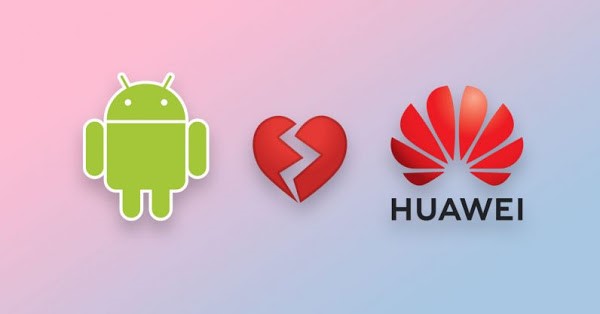
When the United States imposed its ban on American companies doing business with Huawei, it didn’t only hurt the Chinese telecom giant but it also hit many businesses working with it. After all, Huawei was the second largest smartphone manufacturer in the world, selling hundreds of millions of handsets each year – and all of them had Android in one form or another. And one of the businesses hit the hardest by this measure is Google, the company behind the Android operating system – especially with Huawei announcing that it is preparing to release its own homegrown smartphone OS later this year. So much so that Google has reportedly argued a few days ago that the band will not only hurt its bottom line but also hurt national security.
An effective monopoly
The global smartphone market is currently dominated by two companies: Apple and its iOS and Google with its Android. Android has a market share of more than 80% today. iOS only works on Apple handsets – this means that for the rest of the manufacturers, it’s “Android or nothing”. This status quo would be broken if Huawei released its own operating system – even more so if it does in the world’s biggest smartphone market, China.
Huawei promises that HongMeng OS will be 100% compatible with Android apps. This means that everything from Facebook Messenger to platforms like Betway will run without problems on its new operating system. Combining this with an app marketplace and a set of other services that don’t rely on Google could create a completely Androidless ecosystem that could easily tear a major chunk out of Android’s market share.
Google wants one of its biggest clients back
An unnamed source cited by Ars Technica has told the Financial Times that “Google has been arguing that by stopping it from dealing with Huawei, the US risks creating two kinds of Android operating system: the genuine version and a hybrid one. The hybrid one is likely to have more bugs in it than the Google one, and so could put Huawei phones more at risk of being hacked, not least by China.” There are already a few Google-less Android versions, especially in China – OnePlus’ Hydrogen OS and Huawei’s operating system that is preloaded on its phones sold in its home country. The emergence of a viable alternative to Android is even more dangerous to Google – it would break its (and the United States’) dominant position on the smartphone market and more importantly, it would seriously hurt its advertising revenues.
If Huawei successfully survives the US ban, it can become the first smartphone manufacturer truly independent of the US (both when it comes to hardware and software). And this would lead to a really interesting situation.
Follow us on Telegram, Twitter, Facebook or subscribe to our weekly newsletter to ensure you don’t miss out on any future updates.
Featured Image credits/TNW



